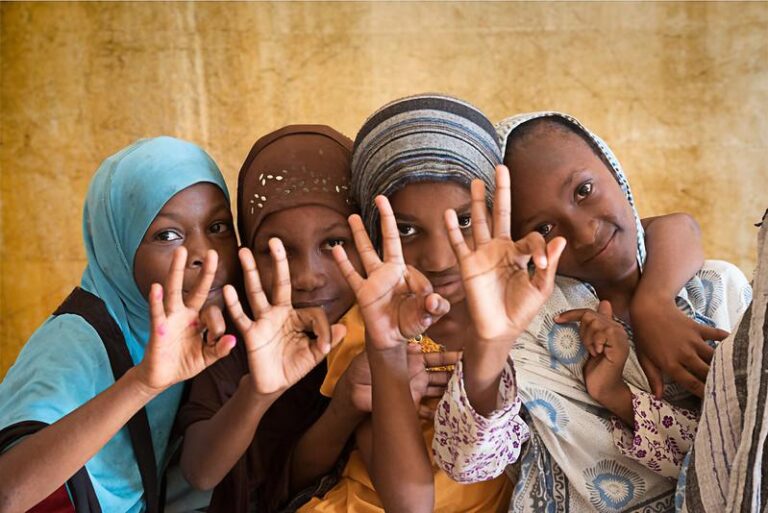Introduction
Foreign aid plays a crucial role in shaping the social and economic landscape of Lebanon. The country has been grappling with various forms of poverty exacerbated by years of political instability and regional conflicts.
The Current State of Poverty in Lebanon
As of recent reports, nearly 80% of Lebanon’s population lives below the poverty line. This staggering figure highlights the urgent need for external support to stabilize the nation. For further insights on poverty levels in Lebanon, visit this article.
Impact of Economic Crises
The economic crises in Lebanon, particularly the financial collapse of 2019, have severely affected everyday life. Massive inflation and unemployment have driven more Lebanese into desperation, pushing demands for humanitarian assistance to unprecedented levels.
Role of Foreign Aid
Foreign aid has increasingly become a lifeline for the Lebanese economy and its citizens. International organizations and foreign governments have responded with funding that aims to alleviate urgent humanitarian needs and promote economic recovery.
Regional Implications
The poverty crisis in Lebanon does not exist in isolation, but rather has significant regional implications. As a fragile state, Lebanon’s stability is critical to the broader Middle Eastern landscape, necessitating a careful approach to foreign aid and political strategies.
Conclusion
the interplay between foreign aid and poverty in Lebanon is vital for not just the country itself, but for regional stability. Continued support and effective aid strategies will be essential in addressing the ongoing crises and fostering a more stable Middle East.

